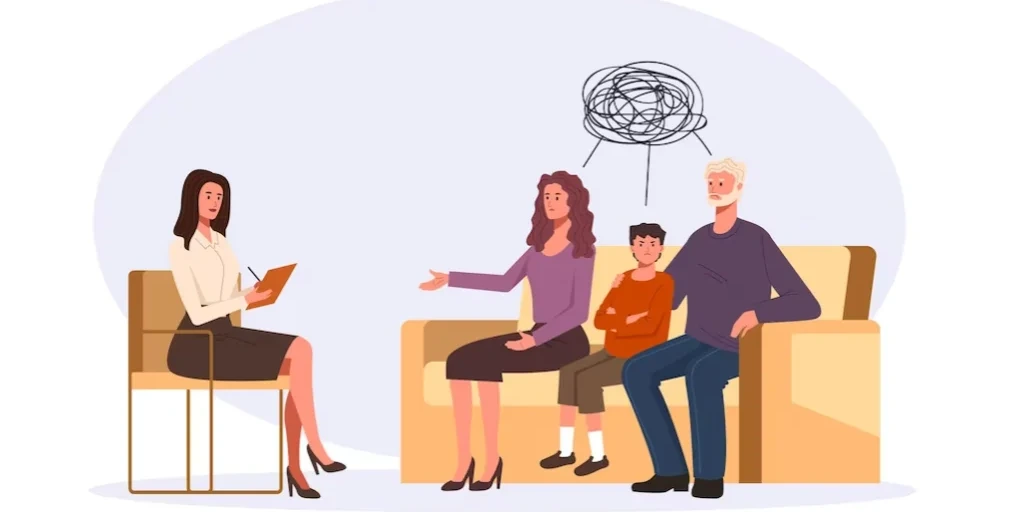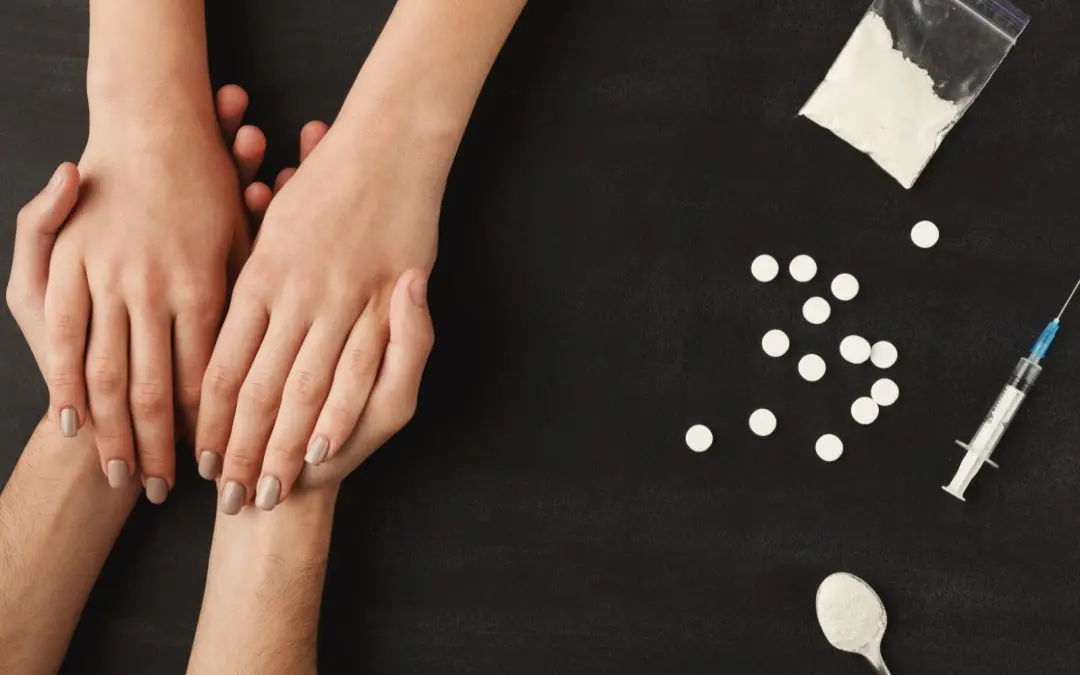24/7 Helpline:
(866) 899-221924/7 Helpline:
(866) 899-2219
Learn more about Outpatient Rehab centers in Dowagiac
Outpatient Rehab in Other Cities

Other Insurance Options
Beacon

Holman Group

Lucent

Horizon Healthcare Service

BlueShield

CareFirst

Self-pay options

WellPoint

MVP Healthcare

Health Partners

Molina Healthcare

State Farm

ComPsych

American Behavioral

BlueCross

Sliding scale payment assistance

Magellan Health

Oxford

Magellan

United Health Care






Woodlands Behavioral Healthcare Network
Woodlands Behavioral Healthcare Network works with individuals, families, and the community to inspi...





















































































